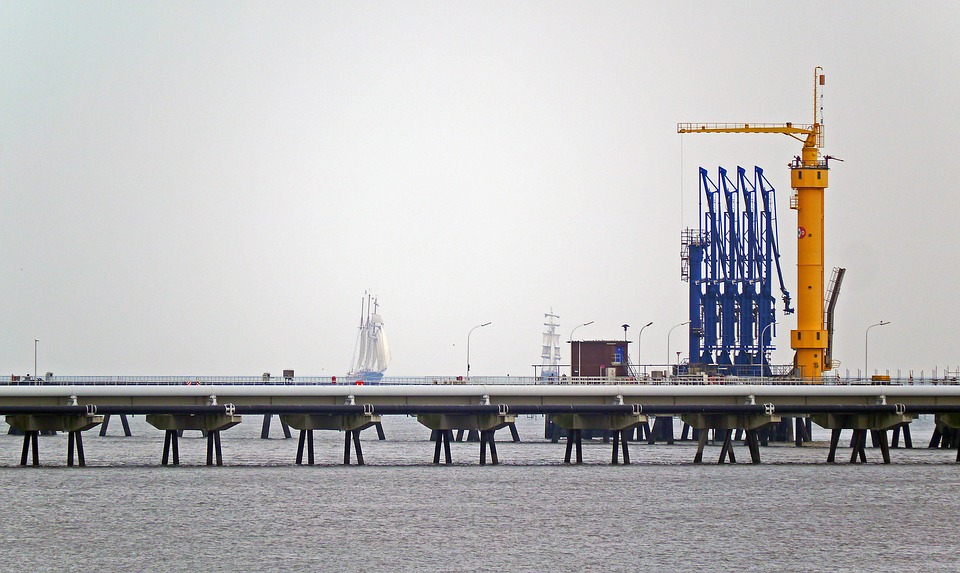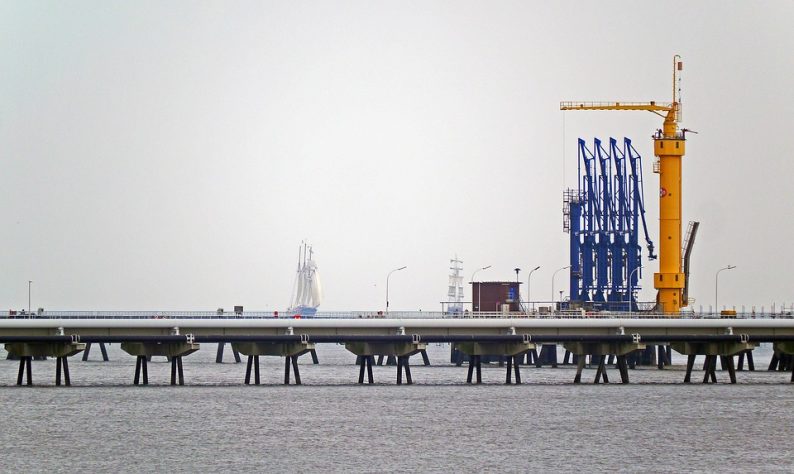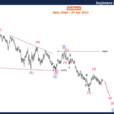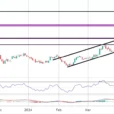While there has been a lot of talk about Russian trying to meddle in our elections, there has not been a lot of talk about Iran meddling in the Iraq war. As the oil market is trying to come to grips with the reality of looming Iranian oil sanctions, and the risk that it will tighten global supply and drive up prices, new reports show why the Trump Administration is right to take a hard line with the Iranian regime.

The Wall Street Journal is reporting that “recently declassified U.S. interrogation reports shed new light on one of Iraq’s most prominent Shiite political figures, and Iran’s role in training and arming Iraqi militias that attacked U.S. troops during the Iraq War.”
The interrogations of Qis al-Khalil, the leader of a major Shiite militia group that is trying to carve out a political role in Iraq, were conducted a decade ago after he was captured by the American-led coalition. The coalition accused him of organizing a 2007 attack that led to the deaths of five U.S. soldiers. The political figure at the heart of the drama is Mr. Khazali, the leader of Asaib Ahl al-Haq the Shia.
The Journal writes that Iran also provided arms and training to Shiite militias, U.S. officials say, so they could attack U.S. forces and pressure them to leave the country. U.S. forces left in 2011 after President Barack Obama and then-Iraqi Prime Minister Nouri al-Maliki failed to reach an accord to allow American troops to stay.
According to a June 18, 2007 interrogation report, Mr. Khazali said the training was carried out by Iran’s Islamic Revolutionary Guard Corps at three bases near Tehran, including the Imam Khomeini base, which Mr. Khazali said he had visited. “There are Iranians and Lebanese Hezbollah conducting the training at these bases,” the report said, based on interrogation. “The Iranians are experts in full-scale warfare while the Lebanese are experts in urban or guerrilla warfare.” Iranian officers didn’t dictate which specific targets should be attacked in Iraq, but suggested that the Iraqi Shiite militias focus some of their attacks on British troops “to force a withdrawal” and increase pressure on the U.S. to withdraw as well, the report said.













Leave A Comment